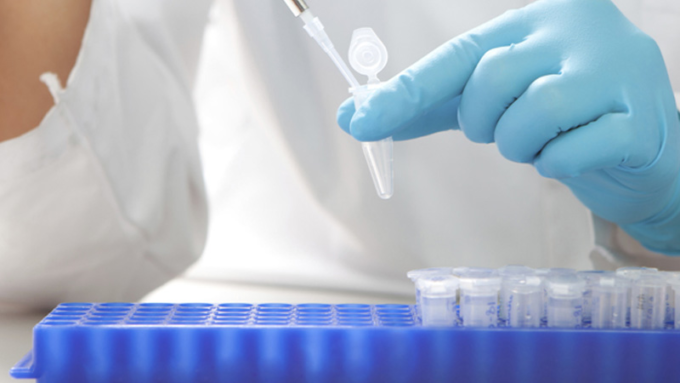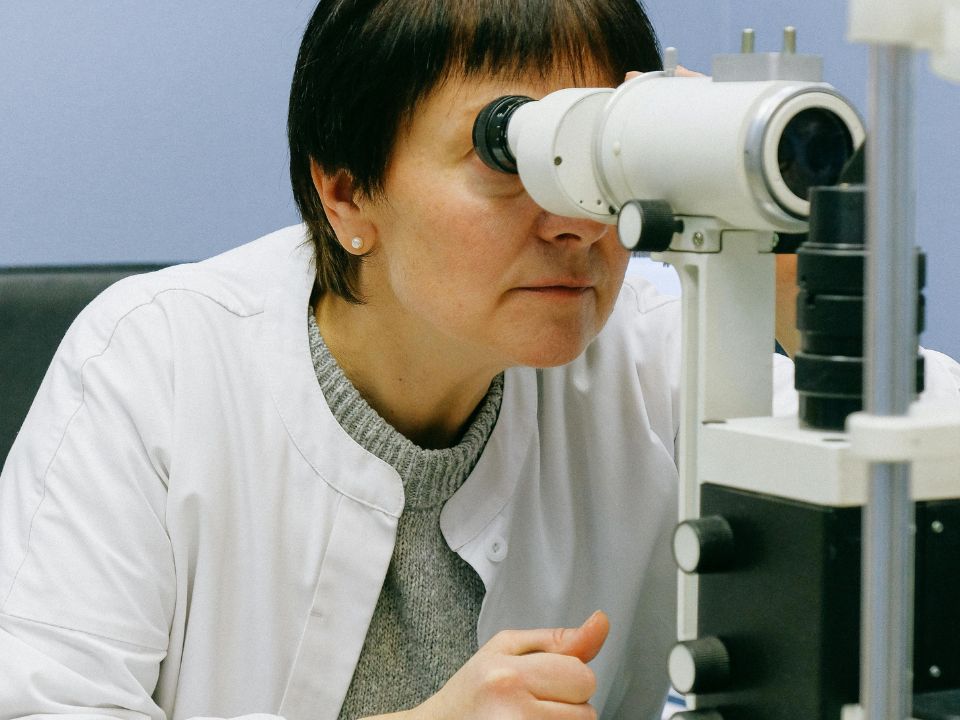Today, infertility rates have risen in the Mexican population. It is estimated that 20% of people face sterility issues, a challenge that deserves specialized attention to improve the quality of life for many families.
Why is research in assisted reproduction key to combating infertility?
Research and development laboratories are the heart of advances in reproductive medicine. There, data are collected and analyzed to refine protocols, techniques, and outcomes. Findings not only confirm current knowledge but also generate new information that drives the entire field.

At the Ingenes Institute, we have state-of-the-art laboratories dedicated to developing techniques that increase pregnancy chances and bring many families closer to the dream of having a baby.
How do next-generation laboratories improve fertility outcomes?
At Ingenes, we integrate technological innovation at every stage of your care. By combining empirical observation with international methodologies, our team adjusts protocols to:
- Increase pregnancy success rates.
- Optimize embryo selection and transfer.
- Personalize treatments with molecular diagnostics.
Each case is unique, which is why we provide exclusive care and design strategies that maximize your chances of conception.
What is preimplantation genetic diagnosis and how does it work?
Preimplantation Genetic Diagnosis (PGD) is performed on embryos created via IVF. Using comparative genomic hybridization (CGH) technology, it detects genetic or chromosomal abnormalities before transfer, increasing the likelihood of a healthy pregnancy. A cell from the embryo is biopsied, its DNA amplified, and analyzed on microarrays to identify anomalies.
This technique, used worldwide, has significantly improved pregnancy rates. Before starting any medication or procedure, consult a reproductive specialist.
How is endometrial receptivity tested and why does it matter?
The endometrial receptivity test analyzes RNA from the uterine lining using qRT-PCR. This minimally invasive molecular evaluation determines the optimal window for embryo implantation. Knowing the exact moment the endometrium is most receptive helps schedule the transfer and maximize success chances.
What new methods exist to assess egg quality?
Oocyte quality is key to female fertility. Traditional morphological evaluation can be subjective. Our researchers develop novel molecular markers to accurately measure each egg’s integrity. These techniques aim to identify viability biomarkers and enable personalized interventions.
Where can I find more answers about an accurate fertility diagnosis?
Discover the Keys to an Accurate Diagnosis in the Search for Fertility and learn how advanced studies can guide your path to the right treatment.
For frequently asked questions, visit our Most Searched Fertility Questions on Google, where we address concerns and dispel myths.
What research projects are shaping the future of assisted reproduction?
At Ingenes, we are working on comparative genomic analysis of fetal cells and sex diagnosis to prevent sex-linked diseases. These studies will expand our knowledge of early development and inheritance patterns, contributing to safer and more effective fertility treatments.
Maintaining a comprehensive approach that combines multiple techniques is our goal to accompany you on the path to parenthood. Avoid self-medication and always consult a physician.
What support will I receive during my fertility journey?
We offer psychological support, nutritional counseling, and guidance at every stage. Our team provides clear explanations and emotional care, because we understand the challenges of infertility and share your desire to become a mother or father.
FAQ
1. What diagnostic tests should I consider before IVF?
Before IVF, it is essential to assess ovarian reserve with hormones (AMH, FSH) and antral follicle count via transvaginal ultrasound. A hysterosalpingography (HSG) should also be performed to check fallopian tube patency and detect uterine anomalies. These studies offer a comprehensive view of your reproductive health.
Genetic tests, such as karyotyping for both partners, can reveal chromosomal translocations affecting the embryo. Reviewing medical history, surgeries, or previous infections also helps design a personalized IVF protocol.
2. How long does preimplantation genetic diagnosis take?
The PGD process takes 7 to 10 days. Embryos are cultured to day 5 or 6 (blastocyst stage), a cell is biopsied, and sent to the genetic laboratory. DNA amplification and microarray analysis take 48 to 72 hours. With the results, healthy embryos are selected for transfer.
Quick turnaround minimizes the embryo’s time outside the uterus, maintaining viability. Your specialist coordinates everything so the plan aligns with result delivery.
3. Can the endometrial receptivity test fail?
Although qRT-PCR–based tests have over 95% accuracy in determining the implantation window, no test guarantees pregnancy. Factors such as embryo quality, uterine anatomy, or immunological conditions also play a role. However, endometrial receptivity testing significantly reduces the risk of out-of-phase transfers.
Combining these results with embryo genetic screening further improves success rates.
4. Are there noninvasive ways to assess embryo health?
Metabolomic profiling in culture media is being investigated by analyzing molecules released by the embryo (amino acids, lipids). This approach could predict implantation potential without biopsies. Initial studies show promising correlations between metabolic signatures and embryo viability.
Integrating time-lapse imaging and artificial intelligence also enables noninvasive evaluation by tracking developmental milestones and morphological changes in real time.
References
- American Society for Reproductive Medicine. Practice Committee. (2022). Guidance on the use of preimplantation genetic testing. https://doi.org/10.1016/j.fertnstert.2022.01.004
- MedlinePlus. (2023). Endometrial receptivity assay. https://medlineplus.gov/ency/article/003610.htm
- ACOG. (2021). Assessment of ovarian reserve. Obstetrics & Gynecology, 137(2), e117–e129. https://doi.org/10.1097/AOG.0000000000004256
- ESHRE. (2020). Embryo selection: time-lapse and non-invasive testing. Human Reproduction Open, 2020(hoaa024). https://doi.org/10.1093/hropen/hoaa024
We are with you every step of the way. Remember: seeking professional help is essential to make safe and successful decisions in your parenthood journey.

